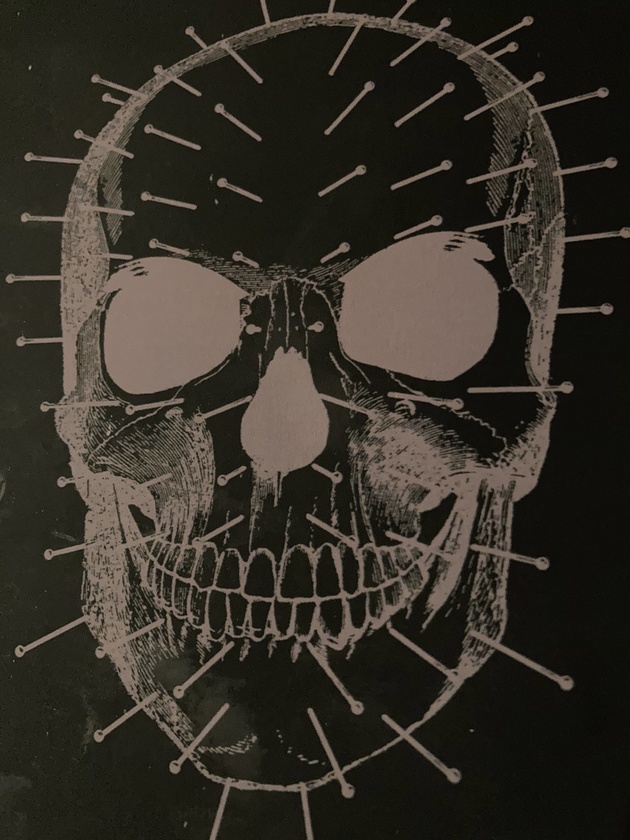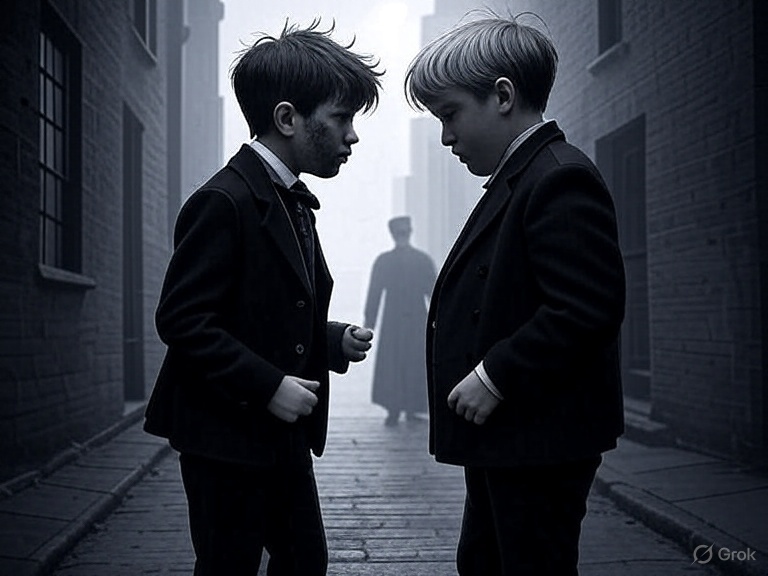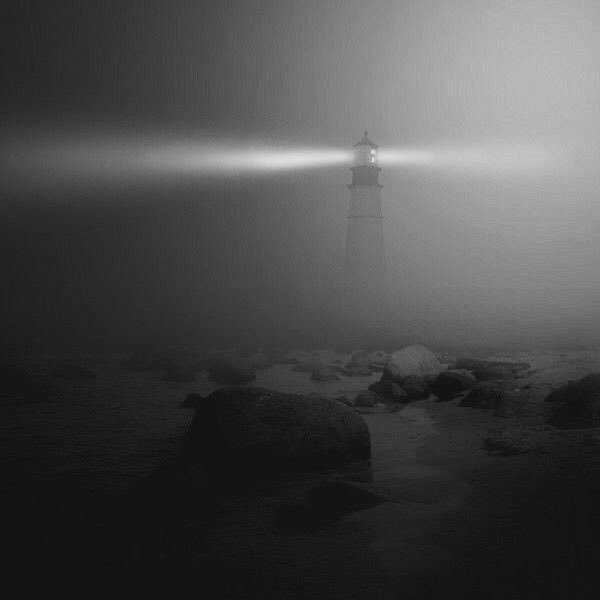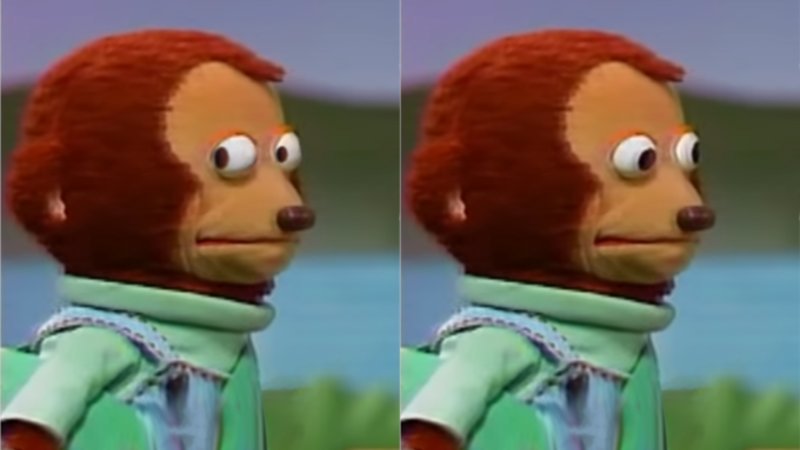"…and rescue beautiful monsters from ravening princesses…"
~Douglas Adams
This line from Douglas Adams's The Restaurant at the End of the Universe is, or was, funny. It's funny as it inverts; it takes a norm and reverses it. It's an old joke, at least this type of joke is old, and I laughed when I first read it. But something has happened since, Shrek. I don't mean just or even primarily Shrek, but it is implanted in my mind as the figurehead of the irreverent, transgressive attitude that seemingly permeates all the major stories told nowadays. This joke was funny when it had a norm to invert, but inversion has now taken the place of the norm.
"The seasons long for each other, like men and women, in order that they may be cured of their excesses."
~Clive Barker
I don't think Shrek is just wrong, either, though I think it's morally repugnant; there's a time and place for all things. However, I want relief from Marvel's tongue-in-cheek self-awareness; I want a relief from "modern" fairy tales; I want something earnest, something real.
So, I quoted The Hellbound Heart above. I read the book amid a deep depression, and it was a touchstone for me, something that helped me make sense of what was happening in my soul. Horror has drawn me in, slowly and carefully, and I think I know why: the experience of horror is real whether the story is real or fictive; though a man might scoff at Hell, Hell is still terribly real. So, I find there's some truth in the phrase, "beautiful monsters," for Clive Barker gave me the key to my depression in the final pages of his short and monstrous novel. There's some hope that in the discovery of evil we'll turn away from darkness to the light.
- How do you feel about transgressive stories like Shrek?
- Do you think a story can be transgressive to transgressiveness?
- How do you tell an earnest story within a transgressive culture?















